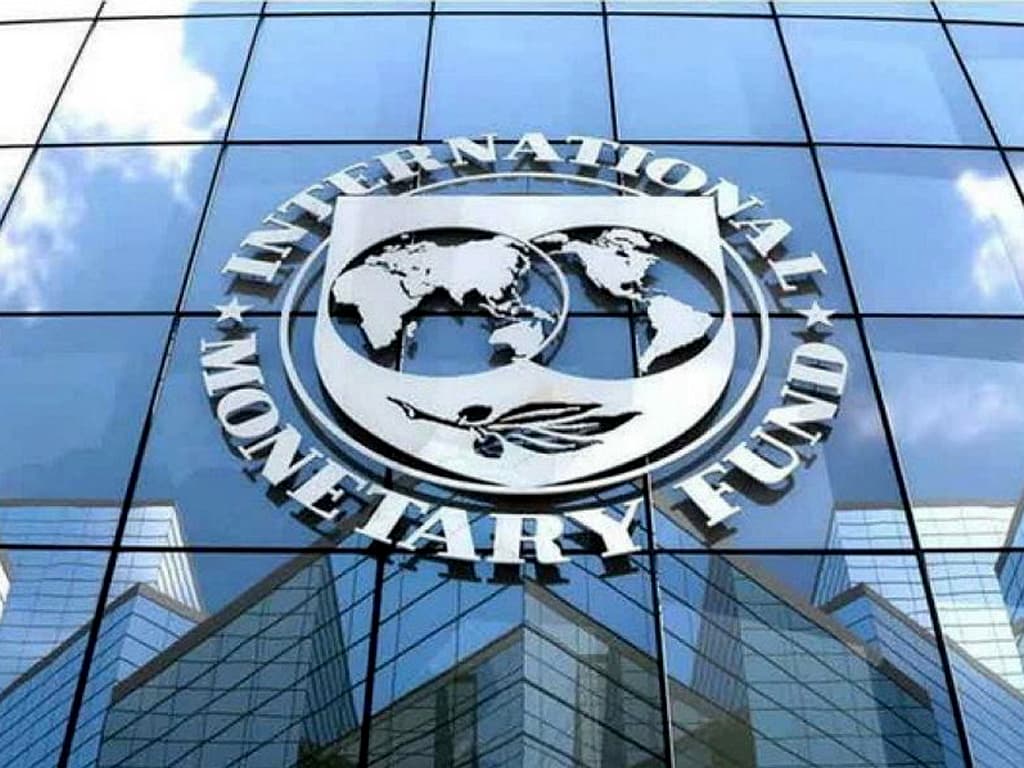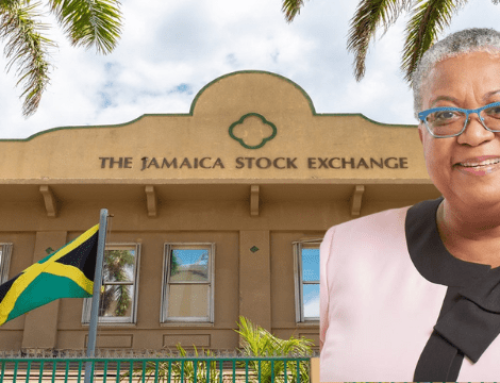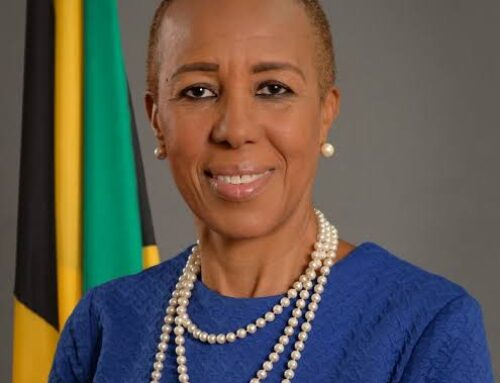
Further monetary tightening can help future expectations-IMF
The International Monetary Fund (IMF) has clarified its recommendation for further tightening of monetary policy, even as Jamaica’s inflation surge has been linked to global inflationary pressures.

Jamaica’s new IMF Mission Chief Bas Bakker
The recommendation was made recently by the IMF following its latest consultation on the country.
Speaking on Taking Stock with Kalilah Reynolds, Jamaica’s new IMF Mission Chief Bas Bakker said the Bank of Jamaica should continue reducing monetary accommodation to ensure those international pressures do not further feed into the domestic economy.
He said the country’s inflation hike has not been the result of the policies of the Central Bank and expects those figures to come down one global inflationary pressures abate. He said the IMF remains hopeful that will happen early next year.
“It’s important to prevent that current high inflation from feeding into your future expectations,” he said, reasoning that recent tightening of monetary policy and clear future communication by the BOJ will help with that.
“Going forward, if inflation is going higher than expected and we are being surprised with global inflation, or there is evidence that inflation developments are feeding inflation expectations then further policy adjustments may be needed,” he said.
The IMF Mission Chief, who took on Jamaica’s portfolio back in May said the focus should be on the real policy rate which he said can be calculated by subtracting the interest rate from the inflation rate.
“With inflation increasing sharply real policy rates have in fact gone down in recent months so
Monetary policy is still very stimulating. Of course the economy needs to recover but you also need to ensure that global inflation is not going to affect domestic inflation and for that monetary tightening has helped and even after the tightening, interest rates are still very low,” he said.
Mission Chief Bakker said people tend to worry about future inflation when policy rates are too low. He said that situation also puts pressure on the foreign exchange rate.
“People need to believe that the Bank of Jamaica is serious about the inflation 4%-6% target and if you tighten in a timely manner, and you communicate clearly what you’re going to do beforehand, that will ensure people do not worry about future inflation,” he said.
He said inflation going down would provide grounds to again reduce the policy interest rate. However he said next year Jamaica could still be growing strongly with strong domestic conditions, which may render a reduction unimportant at that point.
Between July and September the planning institute of Jamaica (PIOJ) estimates the economy had grown over 6%. If confirmed by the Statistical Institute of Jamaica (STATIN) this would mean the country recorded another quarter of growth following on the 14% increase confirmed for the March to June period.
Jamaica’s Finance Minister, Dr. Nigel Clarke said the latest estimates out of the PIOJ indicates that Jamaica’s recovery has picked up momentum. However he noted that additional quarters of growth will be needed to reach pre-pandemic levels of economic output.
It’s against this data that the IMF has also projected growth of over 8% for the country for this fiscal year.
Countering criticisms, the IMF Mission Chief said its gross projection does not seem too optimistic, considering the 11% drop in the economy in the previous fiscal year and the performance of all industries to date, including the hotels and restaurants sector which has been rebounding well.
-END-
Ask The Analysts
The Cast David Rose Business Writer, Observer Leovaughni Dillion Investment Research & Sovereign Risk Analyst at JMMB Group
R.A. Williams to list on JSE
The Cast Audley Reid CEO R.A. Williams Distributors Julian Morrison Founder, Wealth Watch JA













Leave A Comment